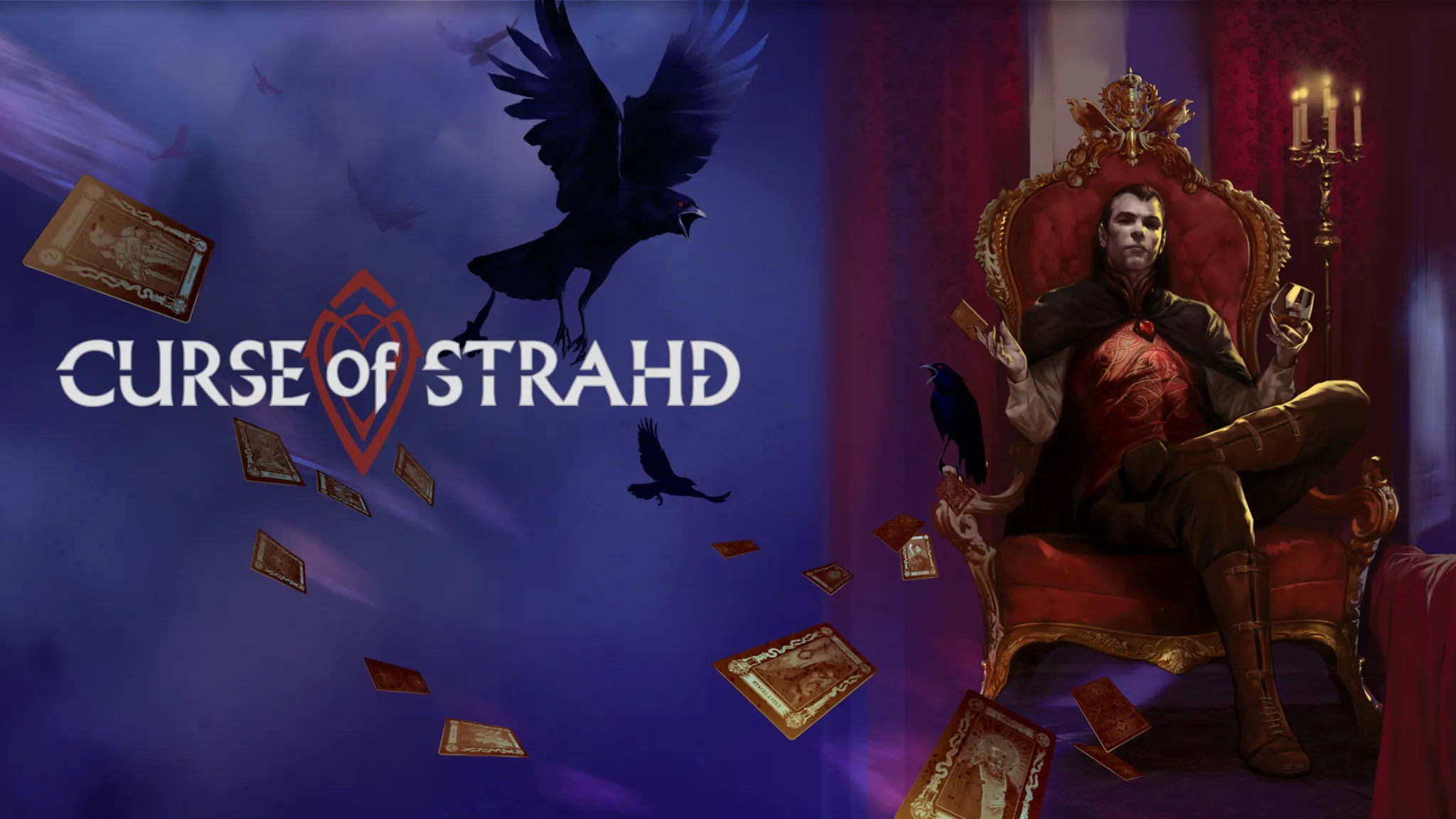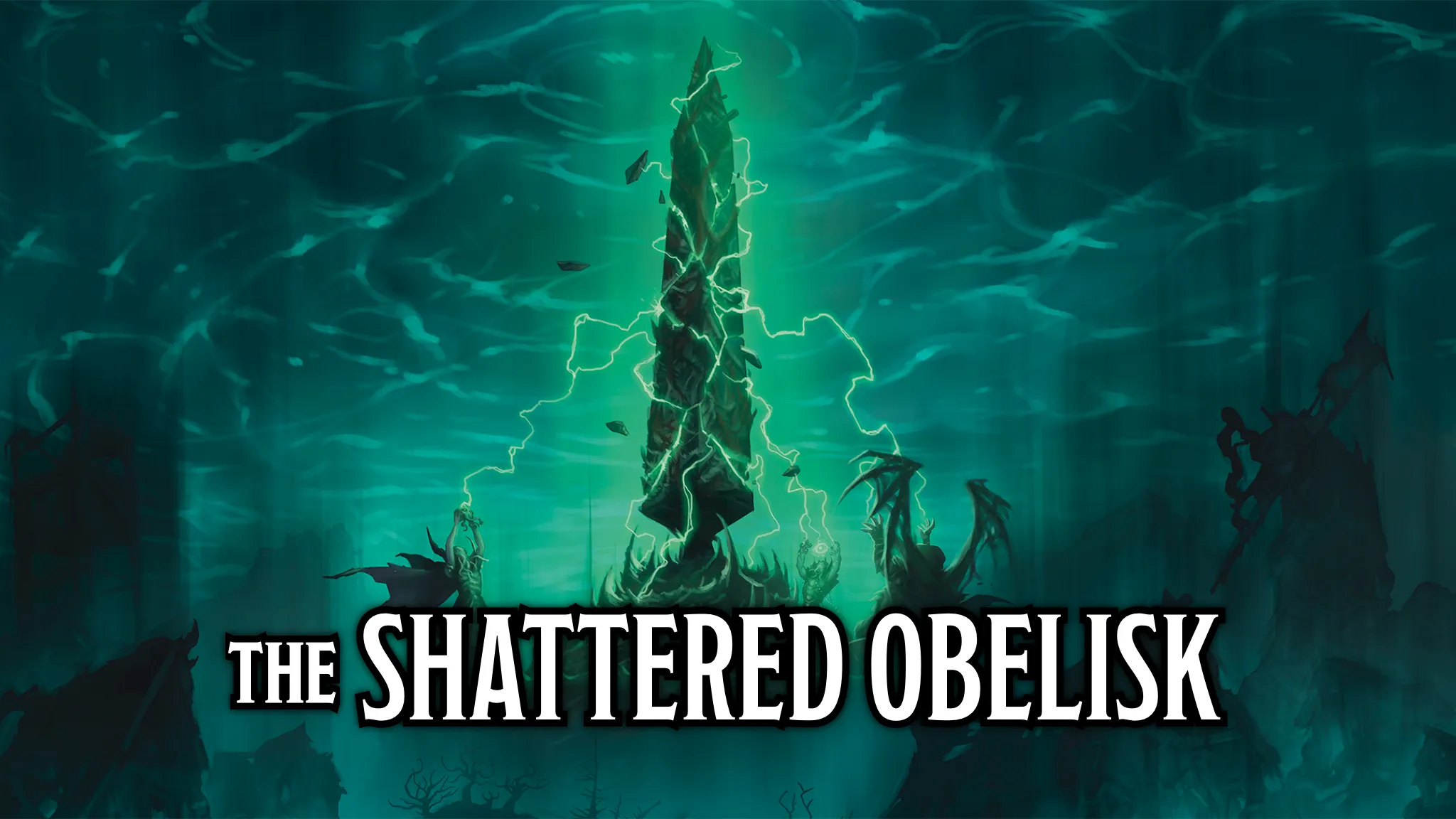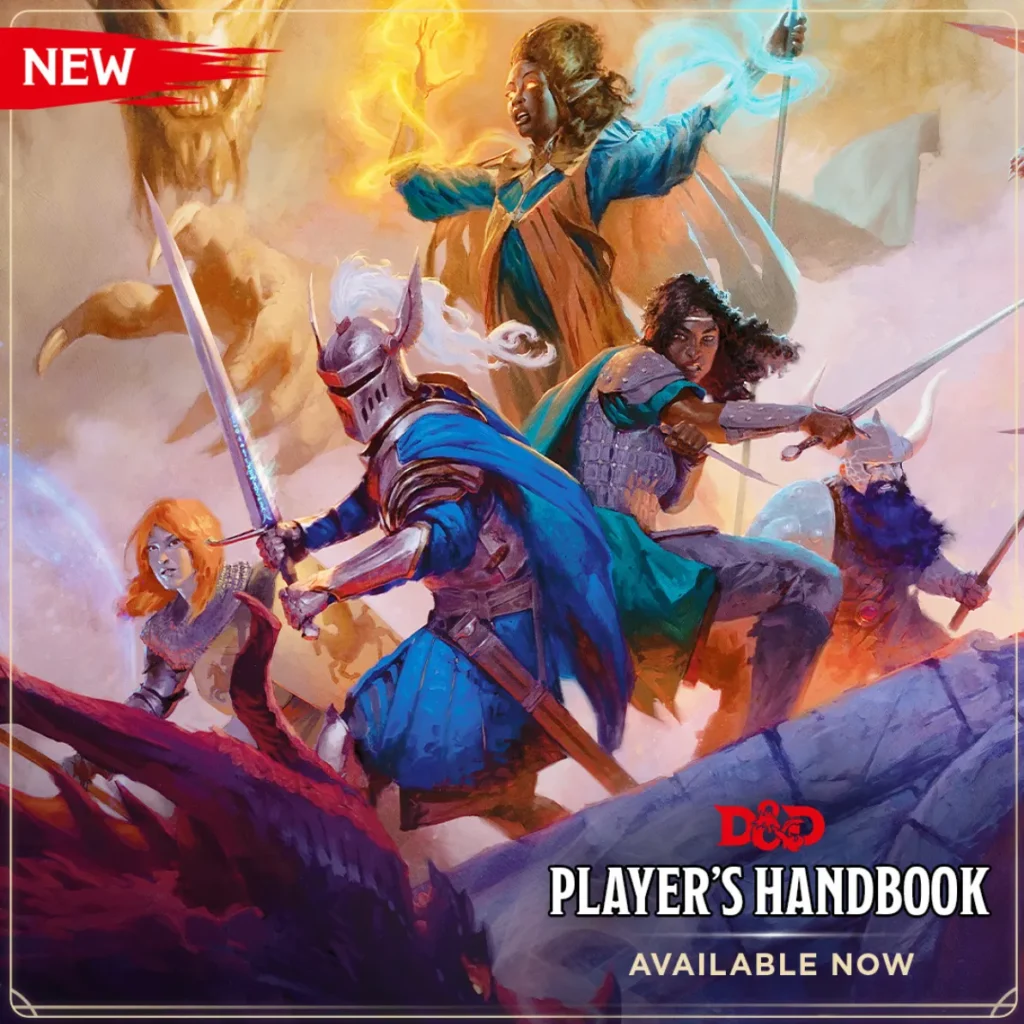Published on July 15, 2024
Written by Bardic Quest
Welcome to the Lore Library! In this blog series, I provide you with digestible tidbits of Dungeons & Dragons lore for use in your own campaigns and stories. Today, we dive into the faction known as the Harpers from the Forgotten Realms. Who are they? What do they stand for? And how do they influence the realms of Faerûn? Let’s find out!
Who Are the Harpers?
The Harpers, also known as “Those Who Harp,” are a semi-secret organisation dedicated to preserving historical lore, maintaining balance between nature and civilisation, and defending the innocent. Over the years, their influence has waxed and waned, marked by a series of collapses and reformations. As a result, their reputation tends to vary—some see them as idealistic heroes, while others view them as meddlesome intruders.
The Harper Code
The Harper Code consists of a simple but profoundly challenging set of principles. Initially, these principles were expressed through “watchwords” in a ritual of recognition. However, in the late 15th century DR (Dungeons & Dragons timeline), the code was finally written down for new members to swear oaths upon, serving as a constant reminder. Here are the main tenets of the Harper Code:
- “Harpers work against villainy and wickedness wherever they find it—but they work ever mindful of the consequences of what they do.”
- “All beings should walk free of fear, with the right to live their lives as they wish.”
- “The rule of law aids peace and fosters freedom, so long as the laws are just and those who enforce them lenient and understanding.”
- “No extreme is good. For freedom to flourish, all must be in balance: the powers of realms, the reaches of the cities and the wilderlands into each other, and the influence of one being over another.”
- “Whatever it takes, a Harper will do. Pride never rules the deeds of a true Harper.”
- “Harpers can spare themselves less freedom than those they work to protect must have—but even a Harper must be free.”
- “Harpers police their own. A Harper who hears the call of personal power can no longer hear the sweet song of the harp. A Harper who seizes power, and holds it above all else, is a traitor to the harp. Traitors must die, for freedom to live.”
- “Without a past, no being can appreciate what they have, and where they may be going.”
Mission and Operations
In essence, the Harpers’ mission is to oppose tyranny and evil, protect the oppressed, maintain freedom and order, support fair and just laws, and ensure balance. They do whatever is necessary, no matter the cost or risk, to uphold these important ideals. Harpers operate discreetly, using knowledge and influence rather than brute force. They maintain the balance between civilisation and nature by keeping kingdoms small and preserving wildlife. They also share their knowledge with common folk through music, stories, and songs, often embedding secret messages to communicate with their allies.
Structure and Activities
Harpers often work alone or in small groups. Their senior members, known as spymasters, guide younger adventurers, while handlers act as intermediaries in perilous areas. Many agents lead double lives, gathering information while going about their daily business. Importantly, Harpers are allowed to pursue personal interests, provided these align with the Harper Code.
Legacy of the Harpers
Throughout history, the Harper Code has influenced the laws of many cities. Whether seen as heroes or meddlers, their legacy of fighting for balance, freedom, and knowledge endures to this day, at least as it currently stands in the official D&D timeline and canon for the Forgotten Realms.






